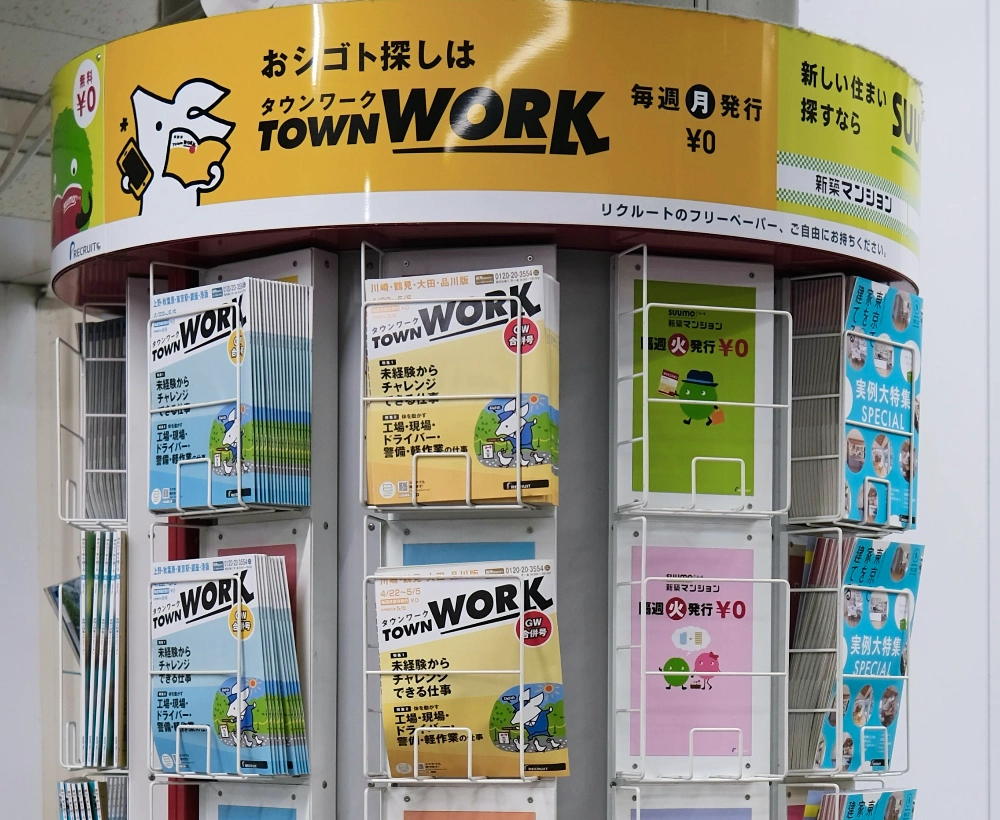Japan’s labor market might appear stable from the outside — organized, loyal, and structured. But for companies trying to hire and scale here, especially foreign startups and SMEs, the reality is more complex — and often unexpectedly difficult.
At Japan Startup Advisory, we’ve hired hundreds of people across retail, food production, back office, marketing, and sales. We’ve built teams in Tokyo, Hokkaido, and beyond. What we’ve seen — especially post-COVID — is that many traditional assumptions about Japanese labor no longer hold true.
The Myth of the “Stable Japanese Worker”
For decades, Japan was known for lifetime employment and deep company loyalty. But that system was built for a different era — one where large corporations hired fresh graduates into long-term training programs and supported them until retirement.
That model is rapidly eroding.
Young professionals today are job-hopping. Nearly 40% of the workforce is now employed under non-permanent contracts — part-time, dispatch, or limited-term. For small and midsize companies, hiring and retention isn’t about offering lifetime employment — it’s about offering growth, respect, and flexibility.
There Are More Jobs Than People
The hard truth: Japan has more job openings than job seekers.
The national job-to-applicant ratio hovers between 1.3 and 1.6, often higher in hospitality, healthcare, and food service — sectors where many global brands expand.
Put simply: job seekers have options.
If your company doesn’t present an appealing, well-run workplace — or if your hiring process feels slow or overly foreign — candidates will go elsewhere.
Japan’s Labor Laws Haven’t Kept Pace
Japan’s labor laws still reflect an outdated system built around lifetime employment and employee protection. That creates major friction for foreign businesses trying to scale quickly.
Some realities:
- Dismissing underperformers is difficult and risky.
- Contract renewals, overtime, and scheduling are tightly regulated.
- Even part-timers may be eligible for full benefits.
- Formal steps are required for nearly every HR decision.
This isn’t a “hire fast, fire fast” environment. It’s a system that prioritizes livelihood security over business agility — and that’s toughest on SMEs.
So, What Works?
We help companies succeed in this environment by focusing on:
- Hiring for mindset, not just skillset
- Investing in training and communication
- Creating culture: transparency, growth paths, and balance
- Using tools: probation, fixed-term contracts, flexible scheduling
- Building loyalty without lifetime promises
Final Thought
You don’t need to be a big brand to attract great talent in Japan — but you do need to understand how things actually work here.
At Japan Startup Advisory, we’ve built teams from scratch — across sectors, across the country. We help clients hire smarter, scale faster, and avoid the mistakes we’ve already made.

